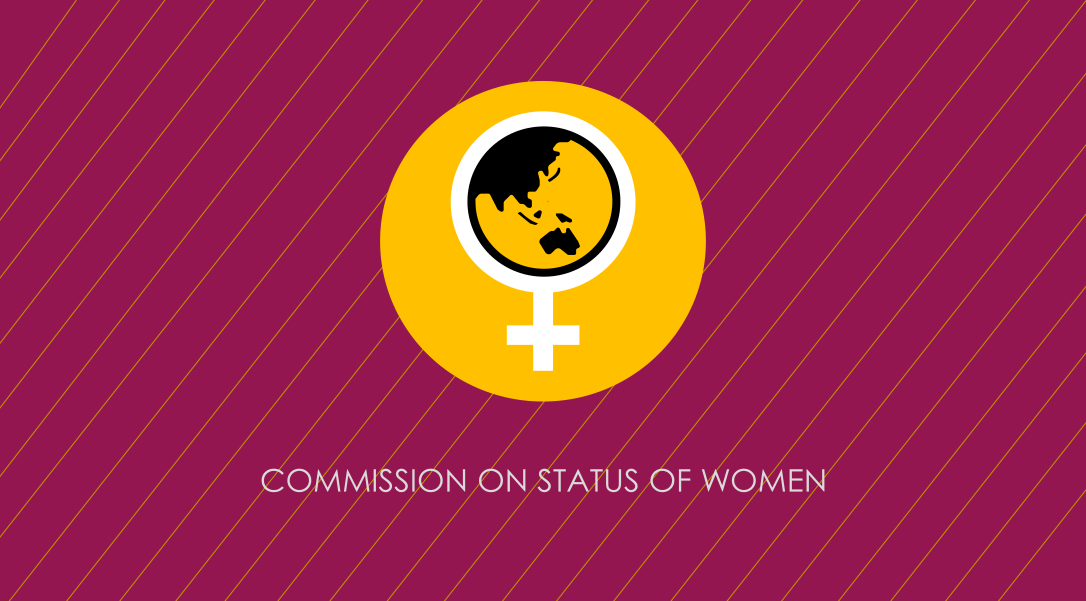
Agenda:- Protecting Women’s Rights in Conflict areas with Special Emphasis on the Mena region
The Commission on the Status of Women (CSW) is the principal global intergovernmental body exclusively dedicated to the promotion of gender equality and the empowerment of women. A functional commission of the Economic and Social Council (ECOSOC), it was established by Council resolution 11(II) of 21 June 1946.
During the Commission’s annual two-week session, representatives of UN Member States, civil society organizations and UN entities gather at UN headquarters in New York. They discuss progress and gaps in the implementation of the 1995 Beijing Declaration and Platform for Action, the key global policy document on gender equality, and the 23rd special session of the General Assembly held in 2000 (Beijing+5), as well as emerging issues that affect gender equality and the empowerment of women.
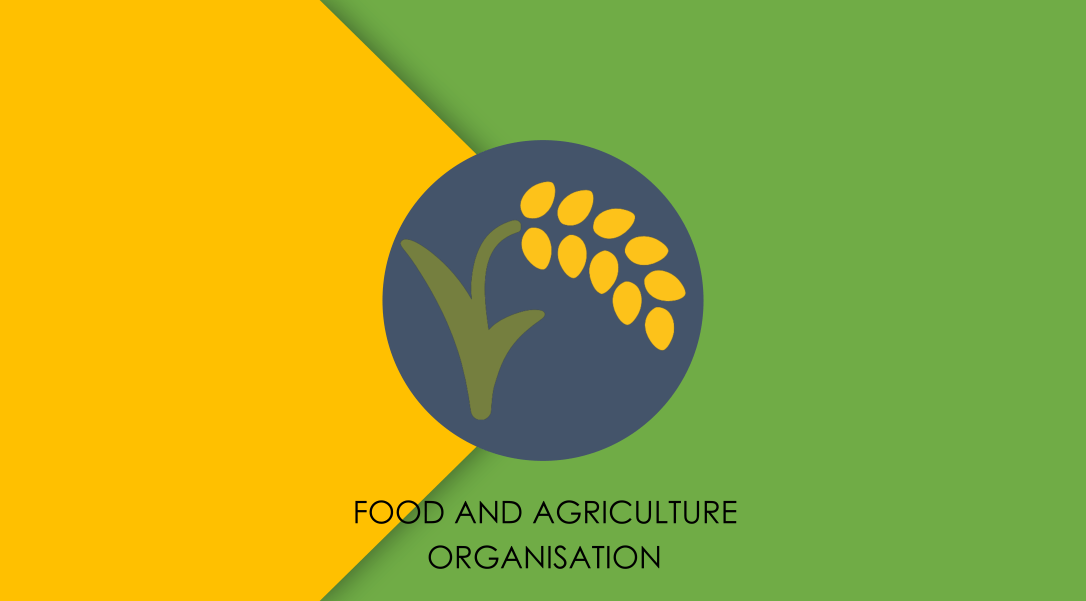
Agenda:- Agricultural strain on the Environment and it’s Solutions
The Food and Agriculture Organization (FAO) is a specialized agency of the United Nations that leads international efforts to defeat hunger.
The committee’s goal is to achieve food security for all and make sure that people have regular access to enough high-quality food to lead active healthy lives. With over 194 member states, FAO works in over 130 countries worldwide. FAO has 194 Member Nations, two associate members and one member organization, the European Union. Its employees come from various cultural backgrounds and are experts in the multiple fields of activity FAO engages in. Headquartered in Rome, Italy, FAO is present in over 130 countries. FAO creates and shares critical information about food, agriculture and natural resources in the form of global public goods. FAO links the field to national, regional and global initiatives in a mutually reinforcing cycle.
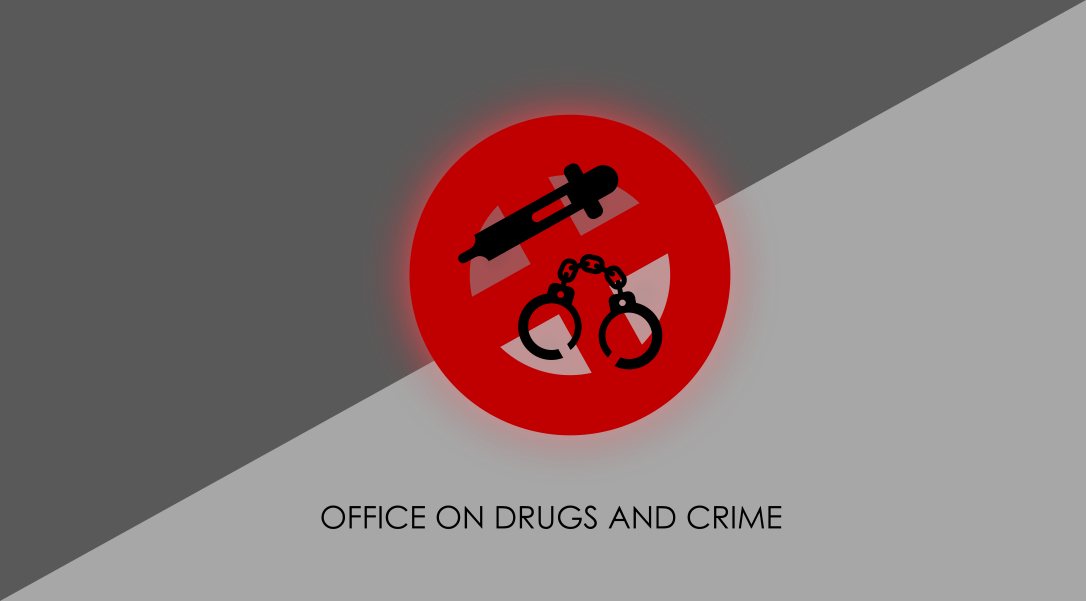
Agenda:- Terrorism and Drugs
UNODC is a global leader in the fight against illicit drugs and international crime. Established in 1997 through a merger between the United Nations Drug Control Programme and the Centre for International Crime Prevention, UNODC operates in all regions of the world through an extensive network of field offices. UNODC relies on voluntary contributions, mainly from Governments, for 90 percent of its budget.
UNODC is mandated to assist the Member States in their struggle against illicit drugs, crime, and terrorism. In the Millennium Declaration, Member States also resolved to intensify efforts to fight transnational crime in all its dimensions, to redouble the efforts to implement the commitment to counter the world drug problem and to take concerted action against international terrorism.
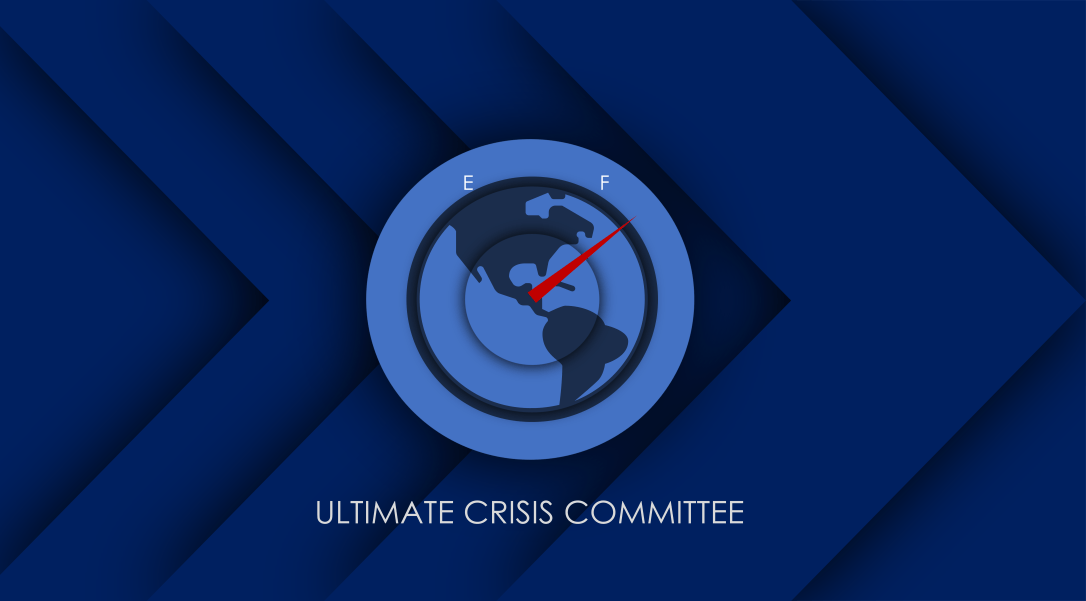
Agenda:- Allies vs Axis
The Ultimate Crisis Committee is very different from the normal MUN experience, yet equal to the United Nations Security Council in their complexity and challenge. UCC consists of two independently running subcommittees whose decisions and actions immediately affect the perpetual crisis at hand, thus providing for an experience like no other. The ritual raising of placards is replaced with international espionage, fast-paced decision-making, and incessant debates; all aimed to destroy the ideological enemy. What delegates will be asked to deal with is only partially revealed for your preparation; covert plots, terrible luck, and the well-meaning — or hostile — actions of the opposing committee together offer an unpredictable, volatile, and urgent, but undoubtedly exciting, experience. It is similar to the joint crisis committee.
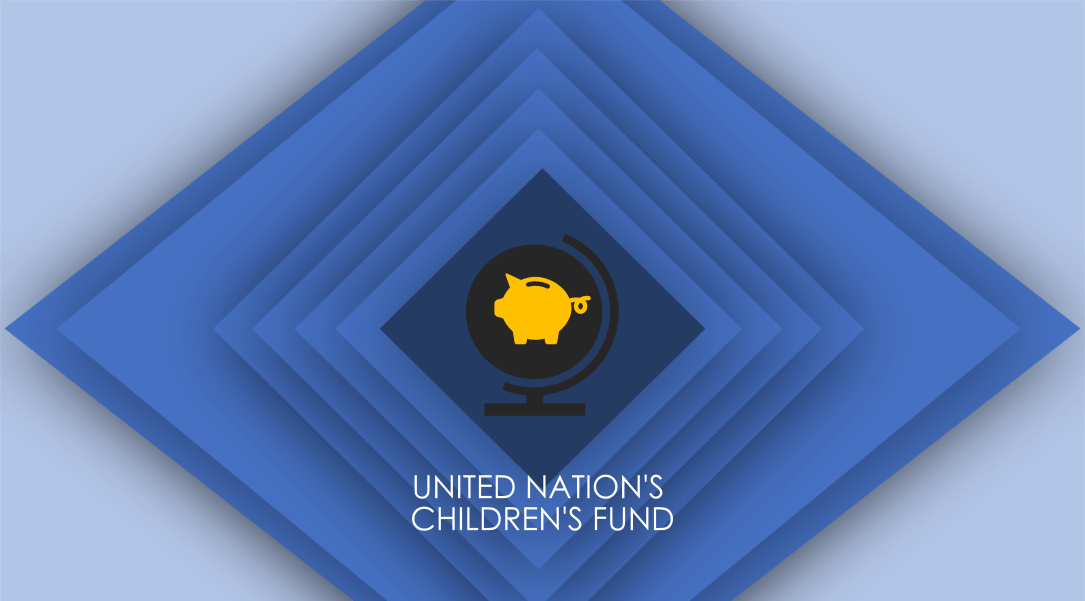
Agenda:- Underage employment by non-state actors
The United Nations Children’s Fund is a United Nations (UN) program headquartered in New York City that provides humanitarian and developmental assistance to children and mothers in developing countries. It is a member of the United Nations Development Group.
The United Nations International Children’s Emergency Fund was created by the United Nations General Assembly on 11 December 1946, to provide emergency food and healthcare to children in countries that had been devastated by World War II. The Polish physician Ludwik Rajchman is widely regarded as the founder of UNICEF and served as its first chairman from 1946. In 1953 it became a permanent part of the United Nations System, and the words “international” and “emergency” were dropped from the organization’s name, making it simply the United Nations Children’s Fund, retaining the original acronym, “UNICEF”.
UNICEF relies on contributions from governments and private donors. UNICEF was awarded the Nobel Peace Prize in 1965 and the Prince of Asturias Award of Concord in 2006.
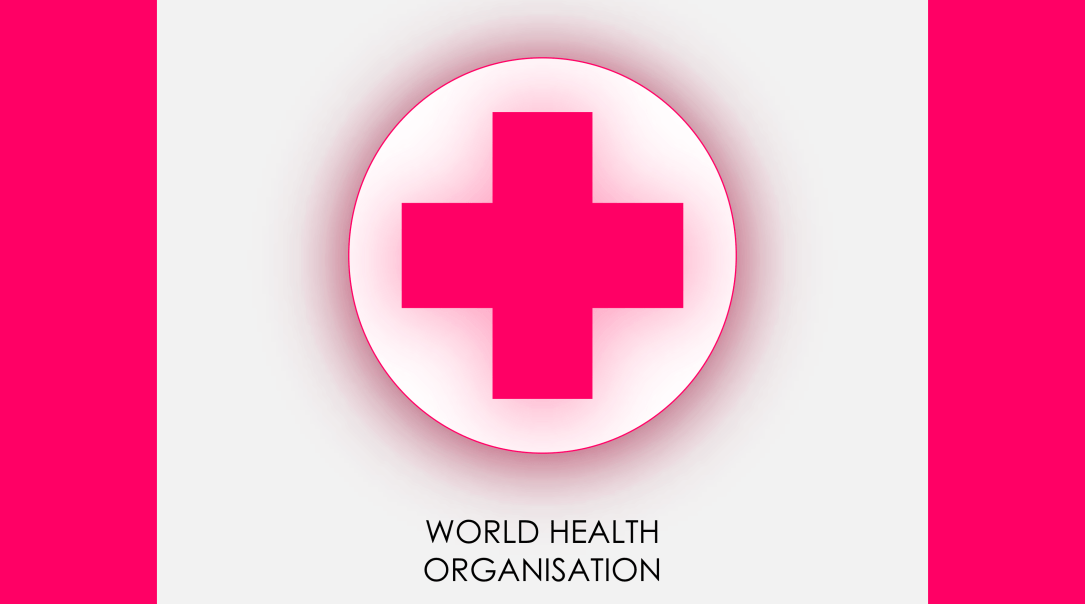
Agenda:- Mitigating the immediate health issues arising from the aftermath of the Indonesian natural disaster.
WHO is building a better, healthier future for people all over the world. Working with 194 Member States, across six regions, and from more than 150 offices, WHO staff are united in a shared commitment to achieving better health for everyone, everywhere. Together WHO strives to combat diseases – communicable diseases like influenza and HIV, and non-communicable diseases like cancer and heart disease. The committee helps mothers and children survive and thrive so they can look forward to a healthy old age. WHO ensures the safety of the air people breathe, the food they eat, the water they drink – and the medicines and vaccines they need. The committee has more than 7000 people working in 150 country offices, in six regional offices and at our headquarters in Geneva, Switzerland. The committee supports countries as they coordinate the efforts of governments and partners – including bi- and multi-laterals, funds and foundations, civil society organizations and the private sector.





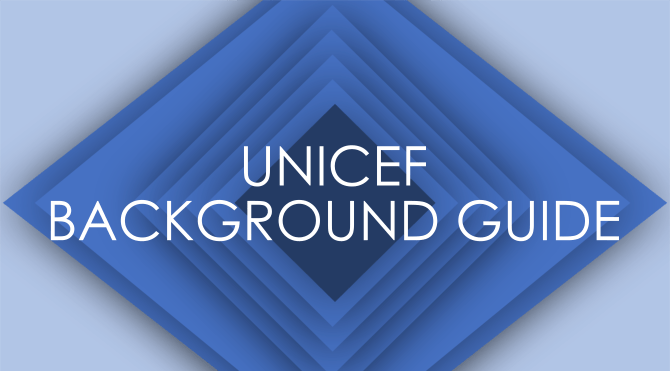

You must be logged in to post a comment.